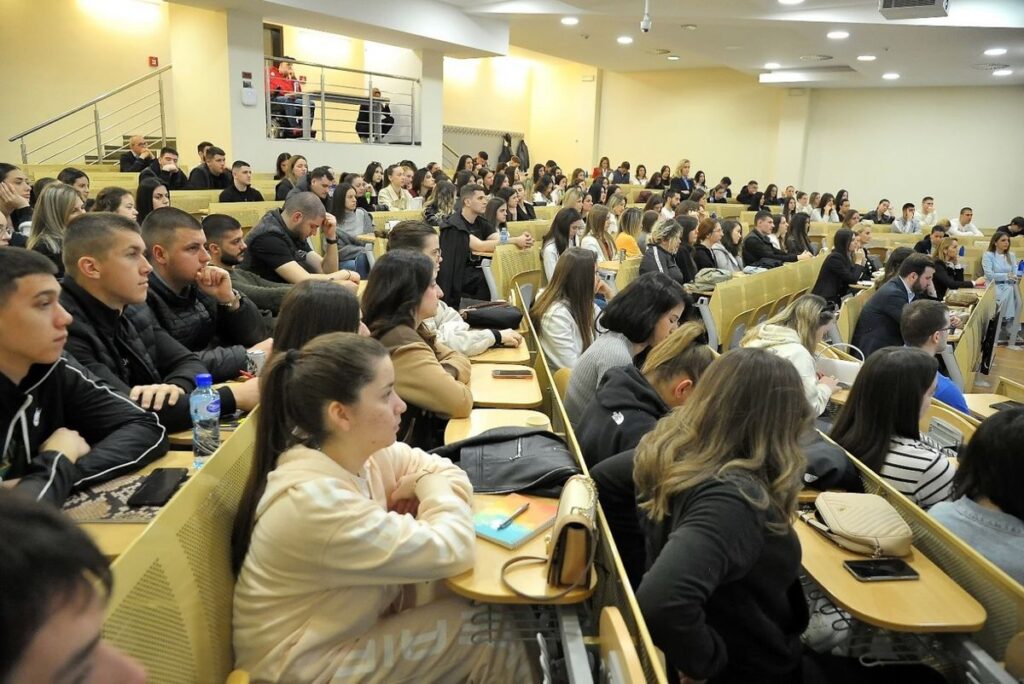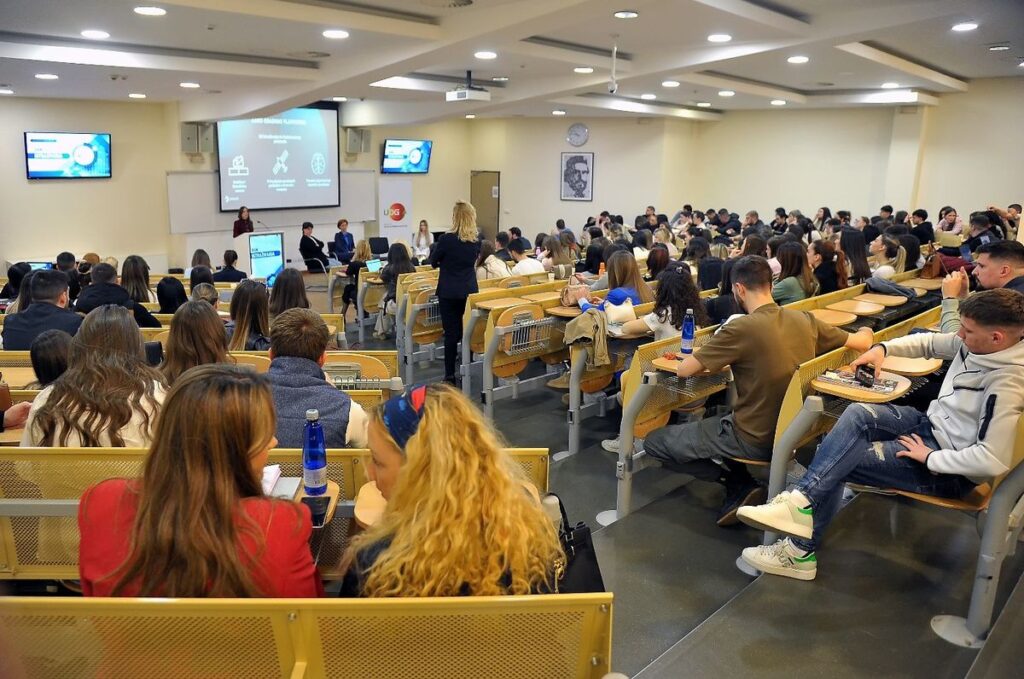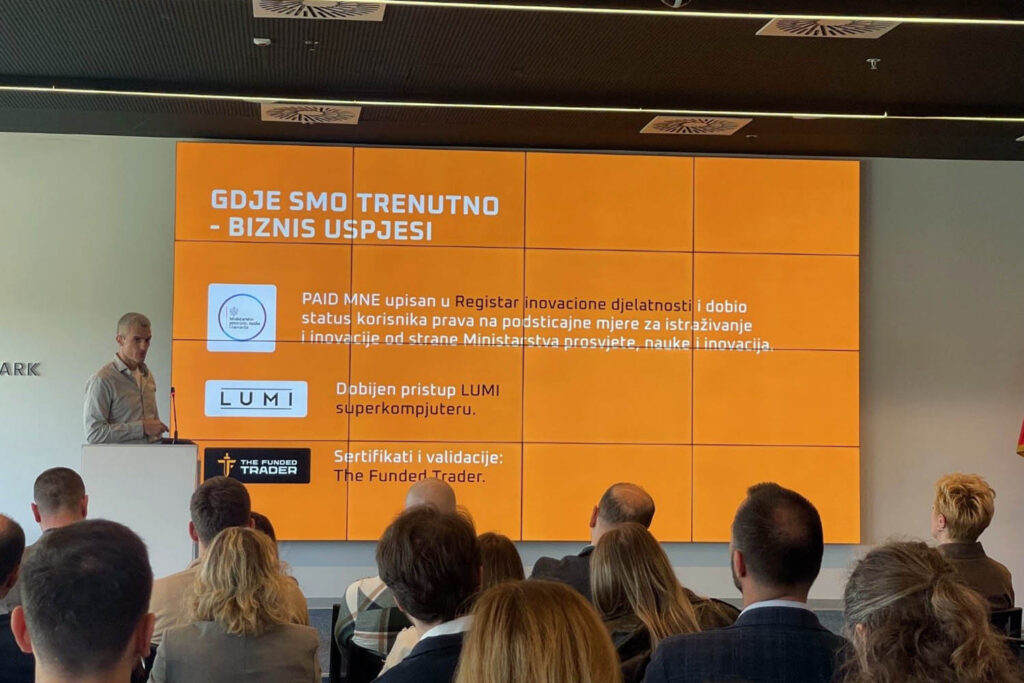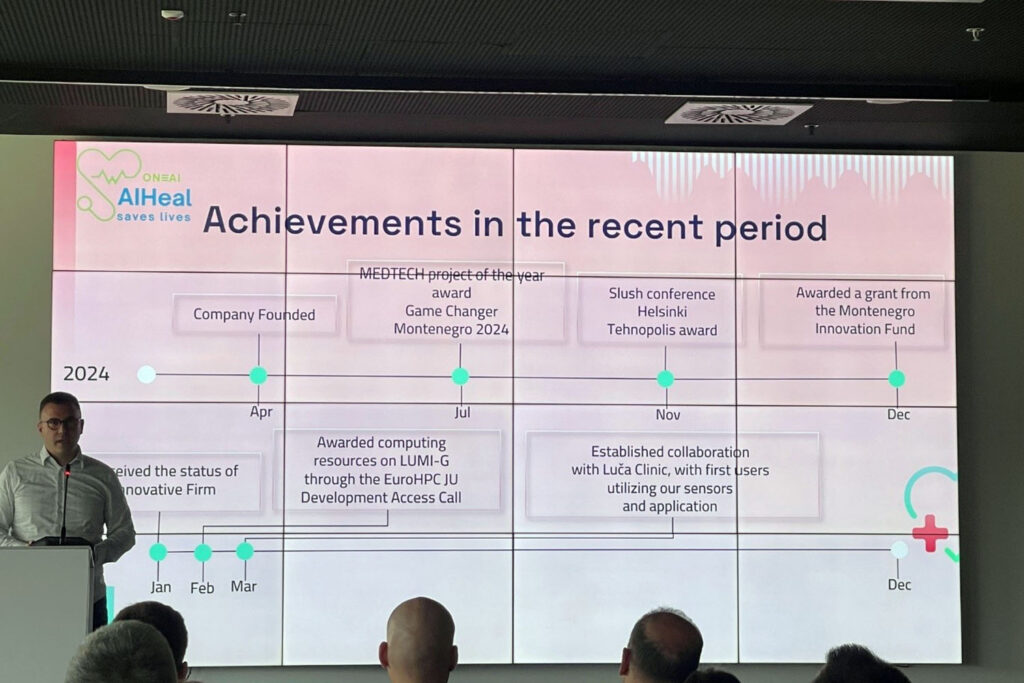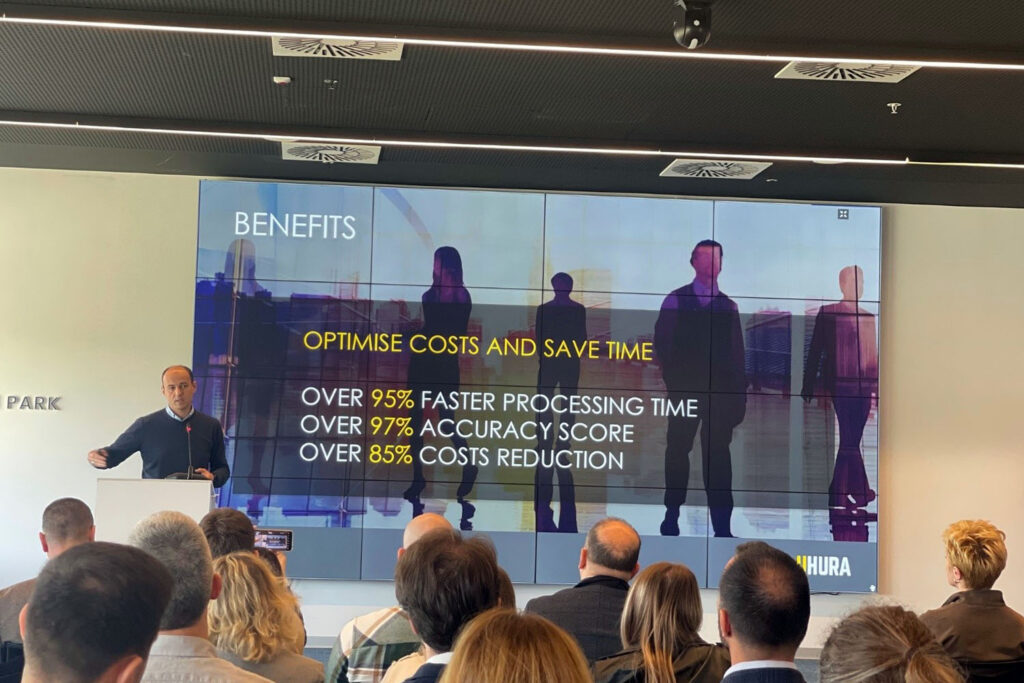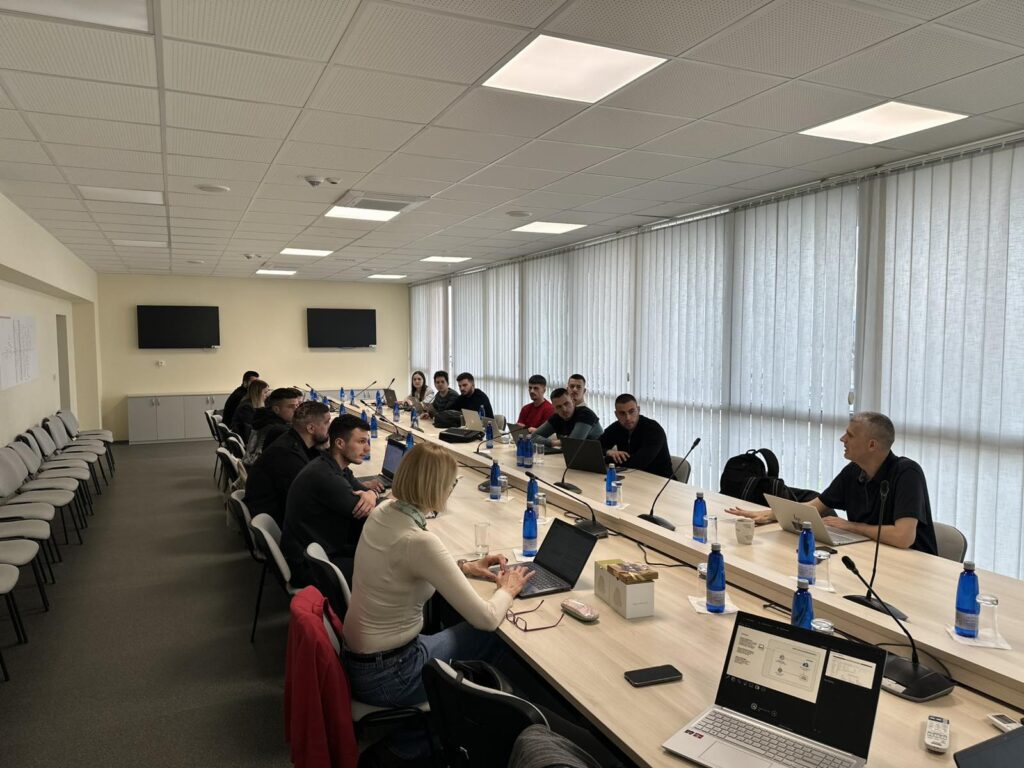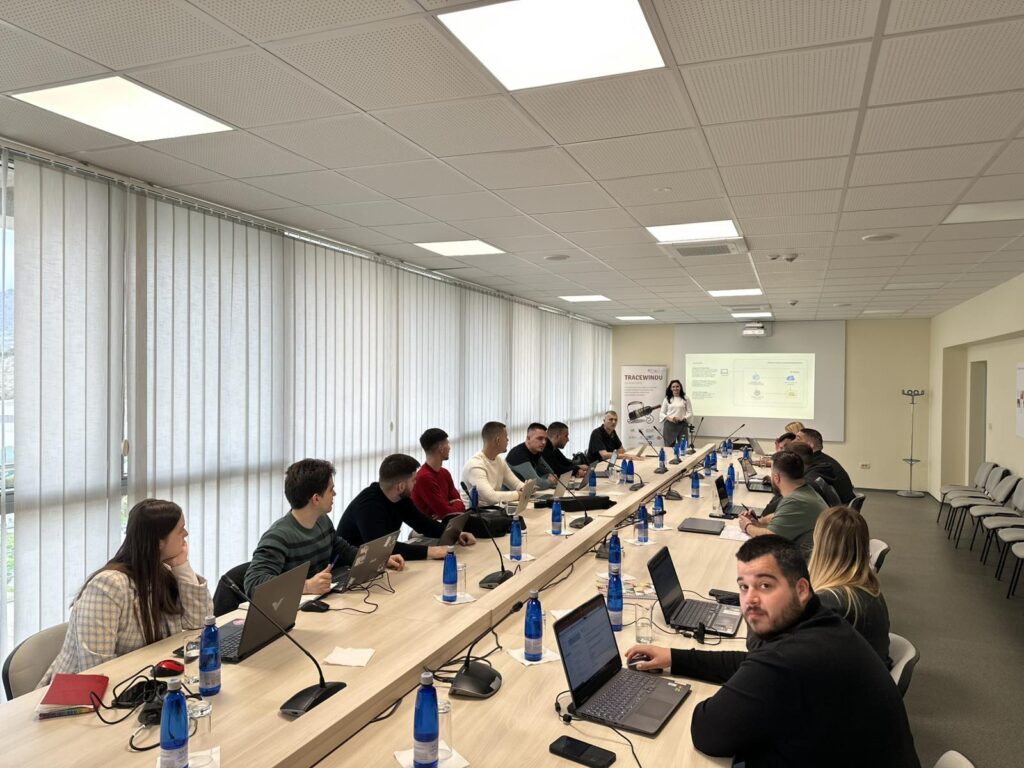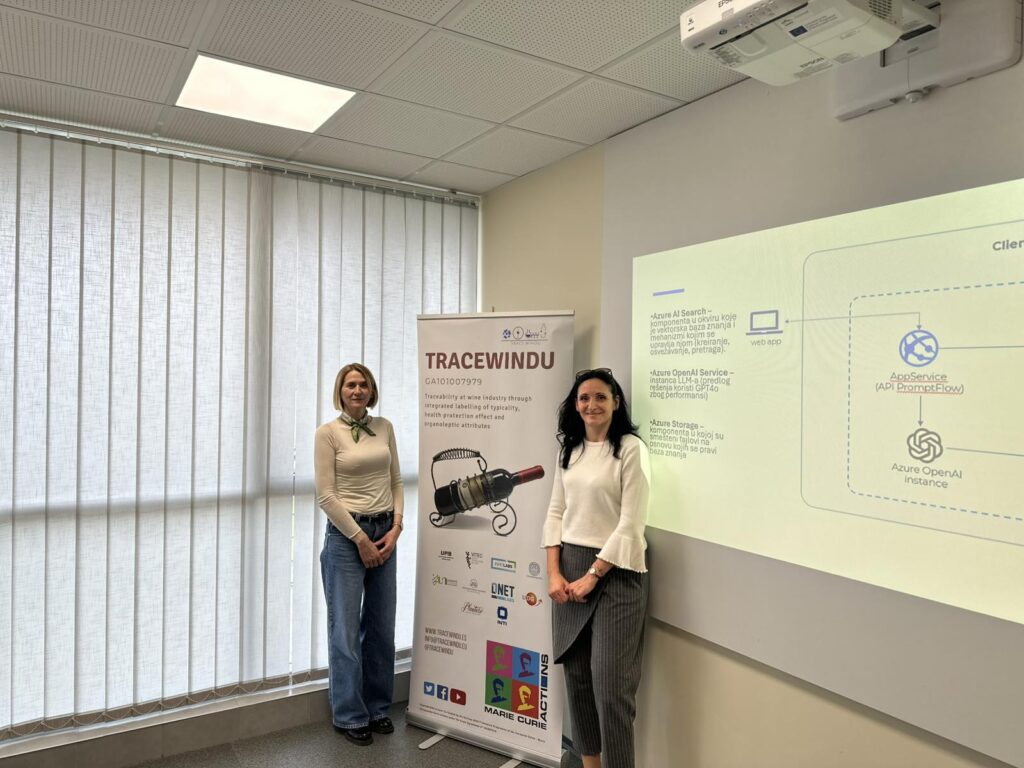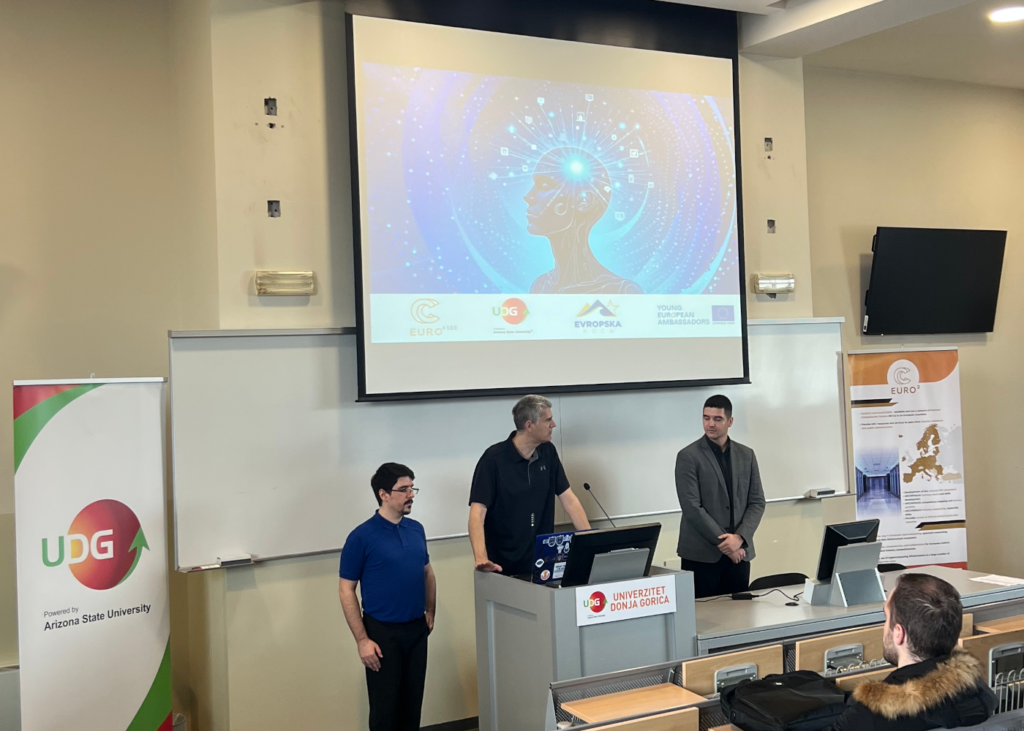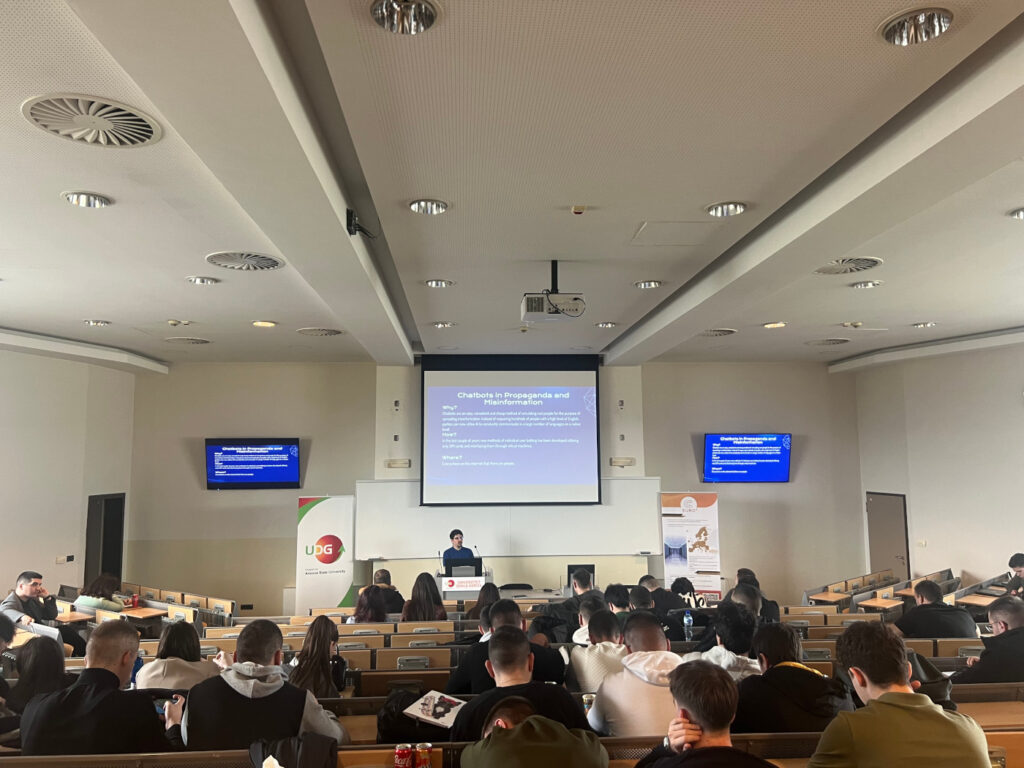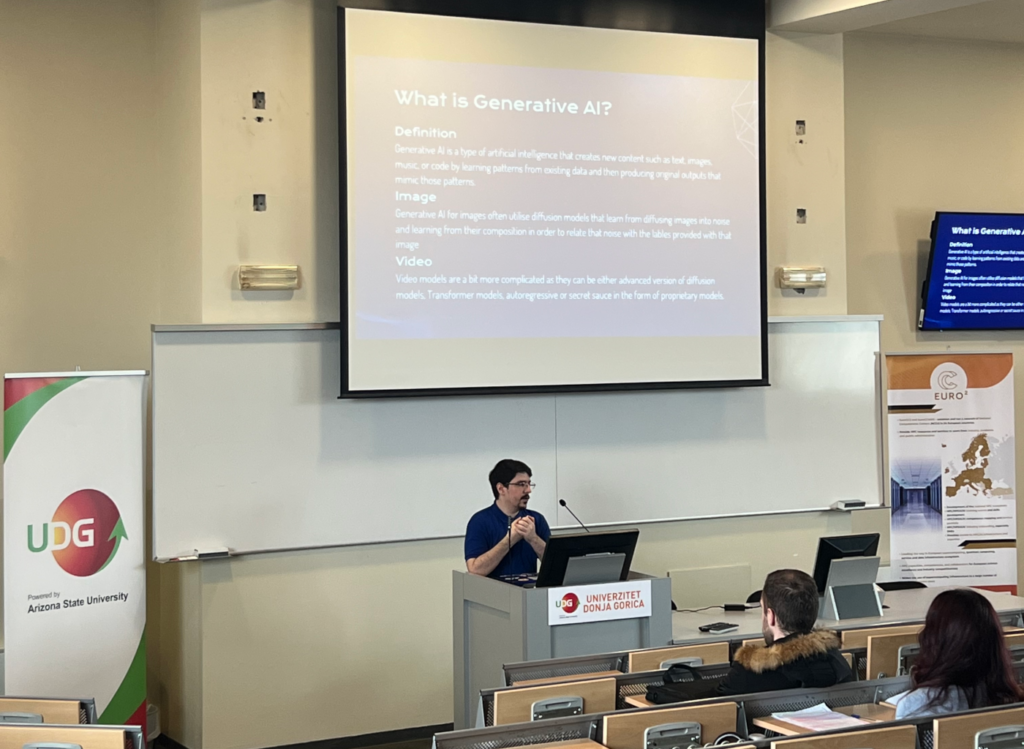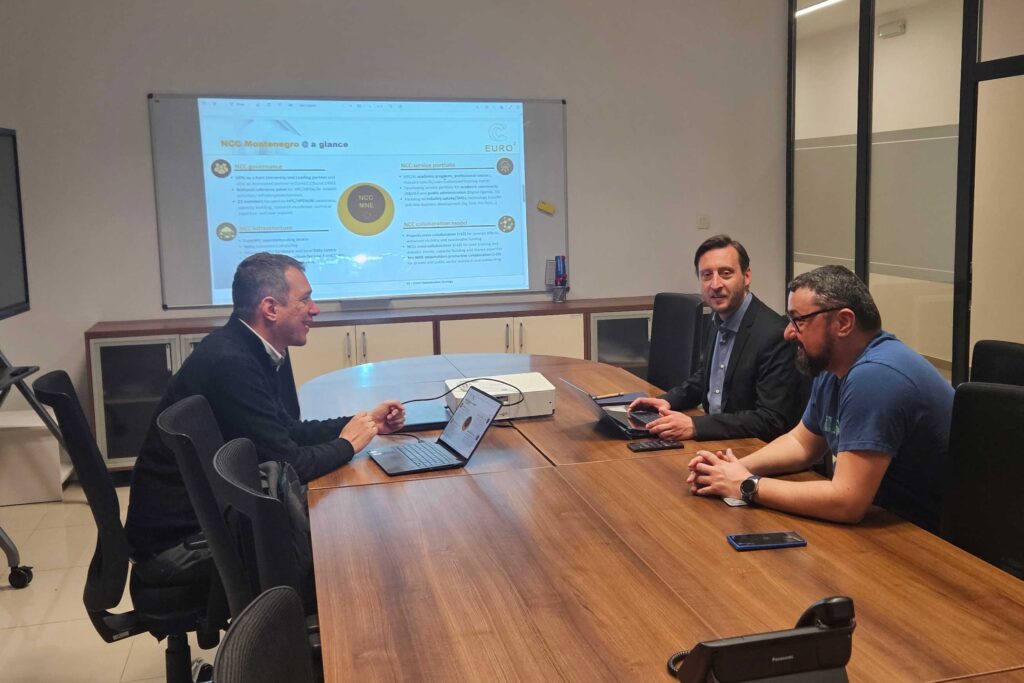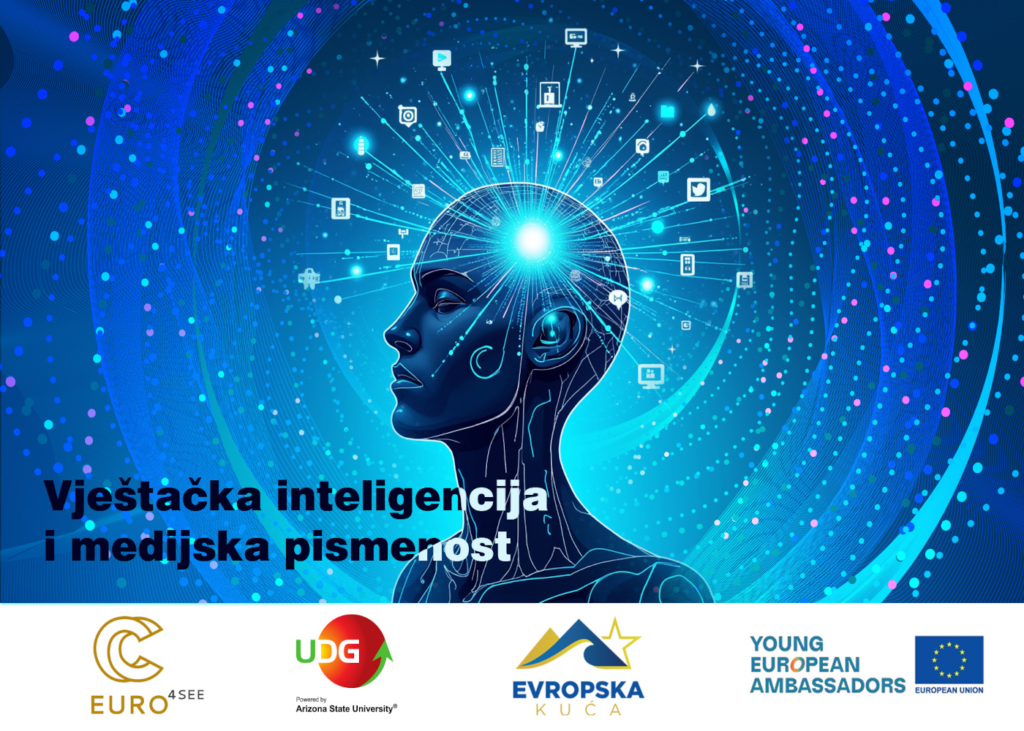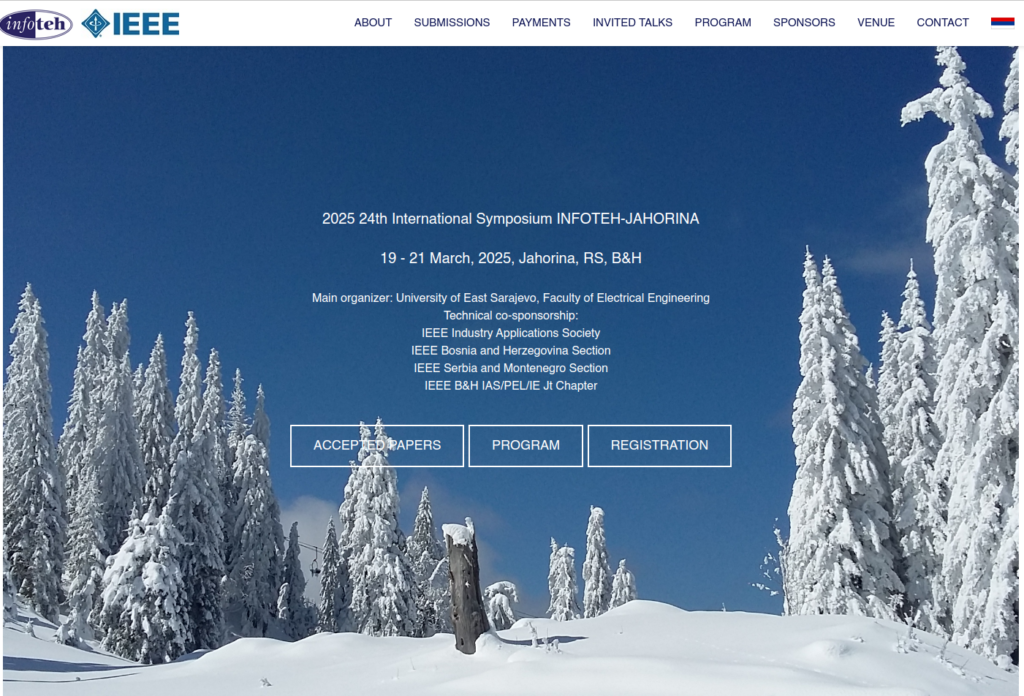The 13th Research Day, held on April 4, 2025, at the University of Donja Gorica (UDG), once again brought together a vibrant community of researchers, students, and professionals committed to advancing knowledge, innovation, and research.
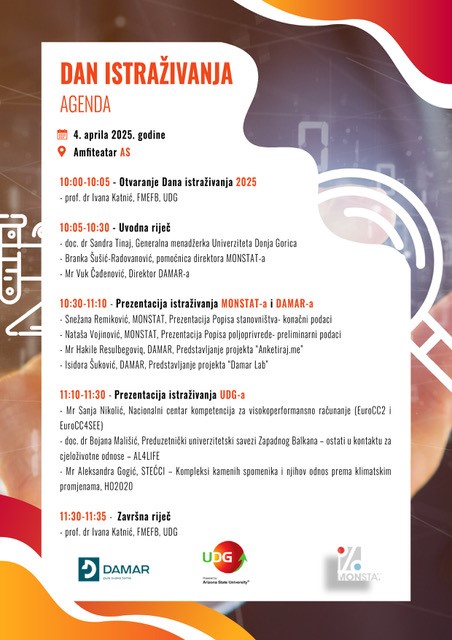
Organized in collaboration with the Statistical Office of Montenegro – MONSTAT and the Public Opinion Research Agency – DAMAR, the event served as a dynamic platform for sharing ongoing projects and research initiatives. This year’s focus was placed on the strategic use of statistical data, interdisciplinary research approaches, digital tools and data-driven decision-making. The MONSTAT presented in-depth socio-economic analyses based on the latest Census results in Montenegro, while the DAMAR-LAB initiative showcased advanced neuromarketing research potential, using eye-tracking technologies.
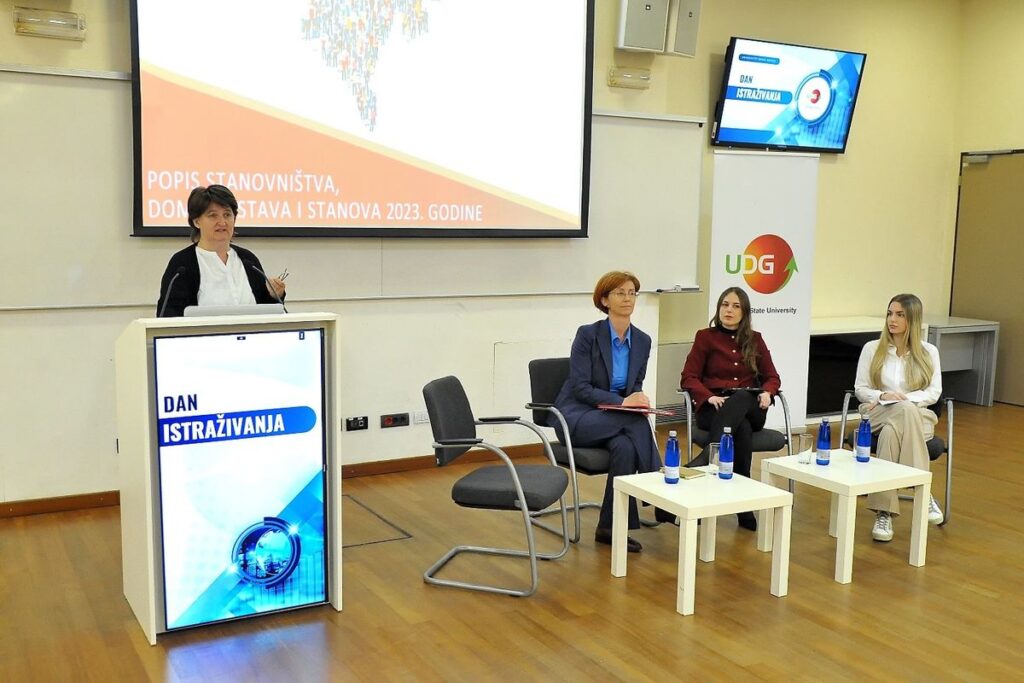
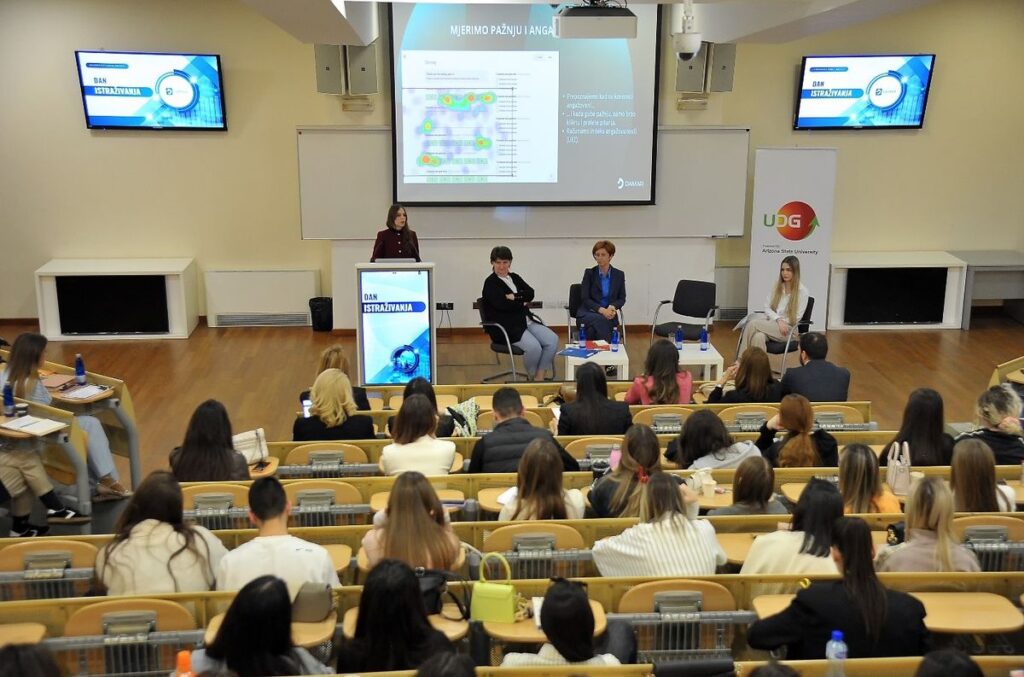
Among UDG’s flagship research projects, the EUROCC2/EuroCC4SEE was featured, demonstrating the increasing relevance of HPC and AI technologies for predictive analytics, complex simulations and scenario modelling. A representative of NCC Montenegro highlighted the growing capabilities in HPC/AI-driven research excellence, industry applications, training opportunities, and key findings from the HPC4SME market study.
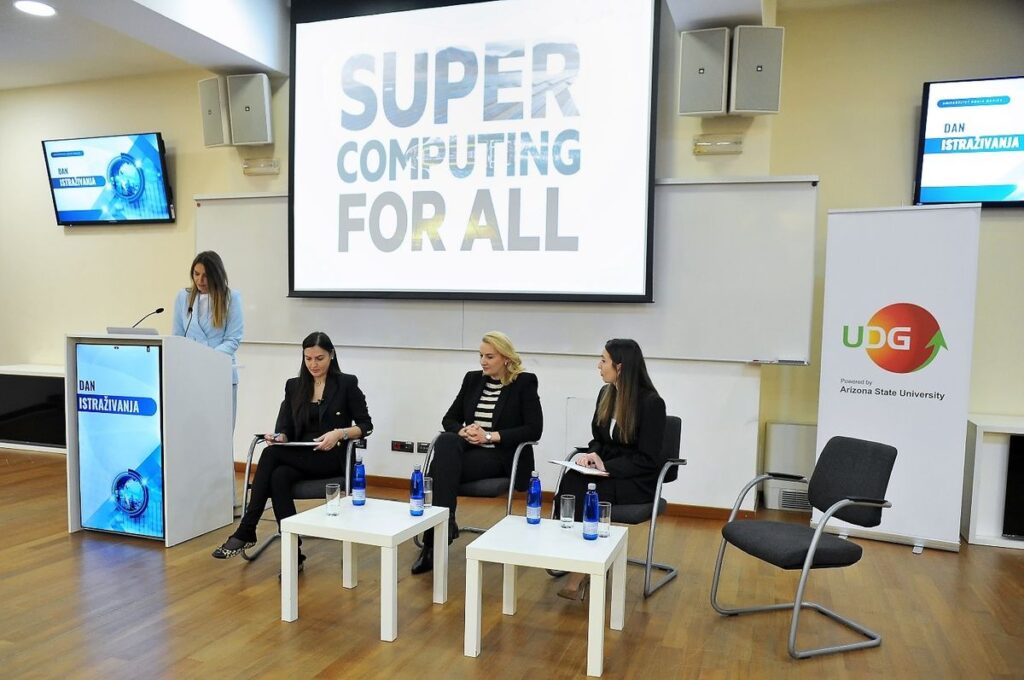
Events like this strengthen collaboration between academia, industry, and public institutions, laying the foundation for smarter and sustainable ecosystem of research, development, and innovation.
https://www.gov.me/clanak/obiljezen-dan-istrazivanja-2025
